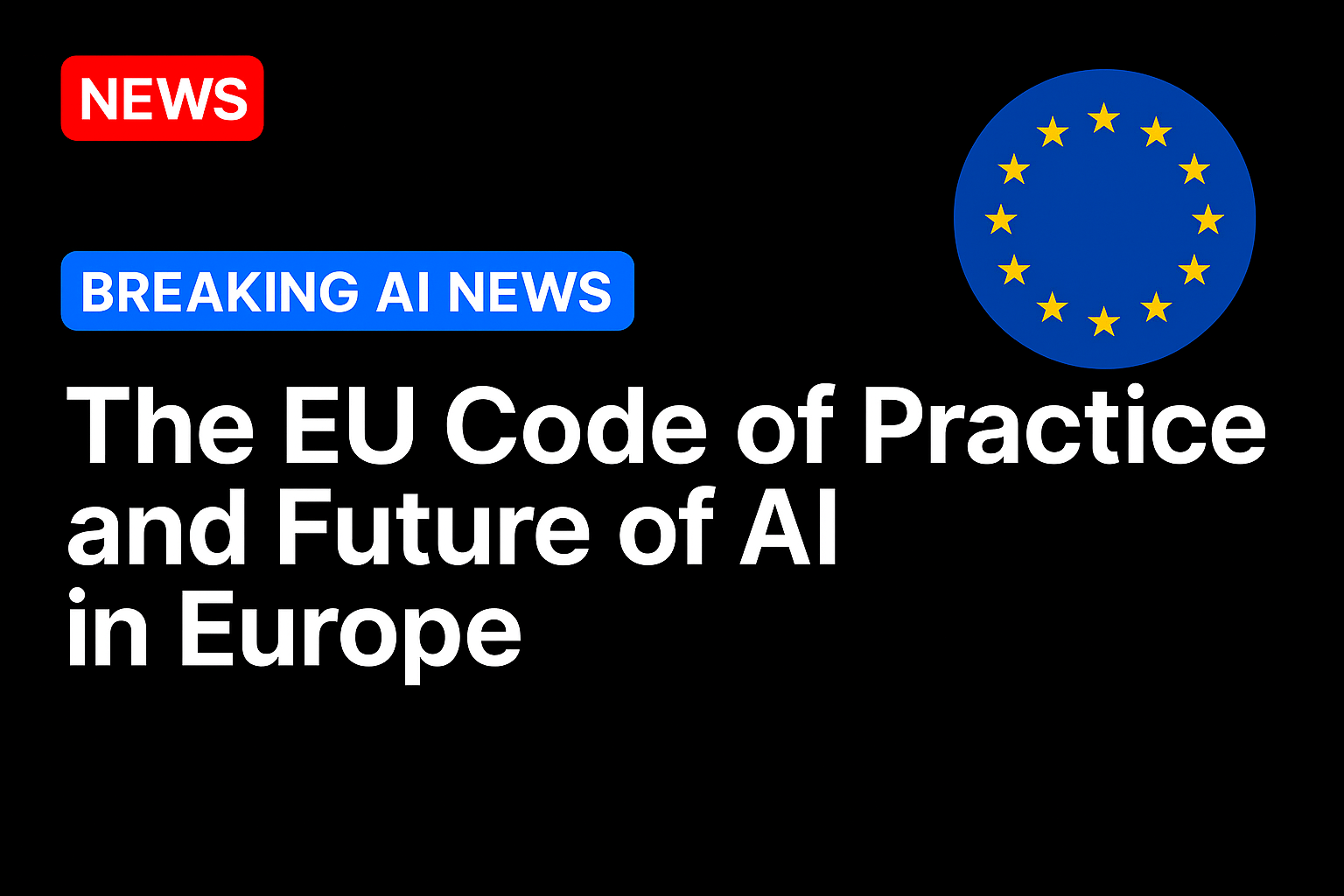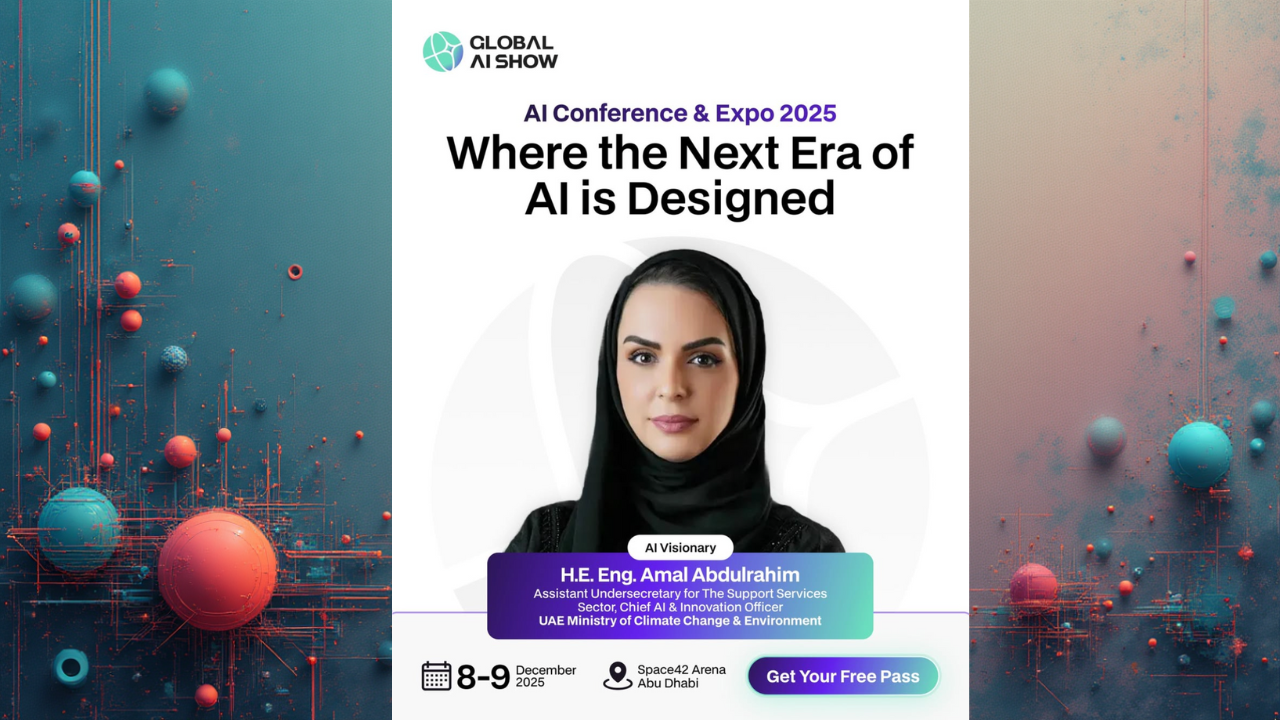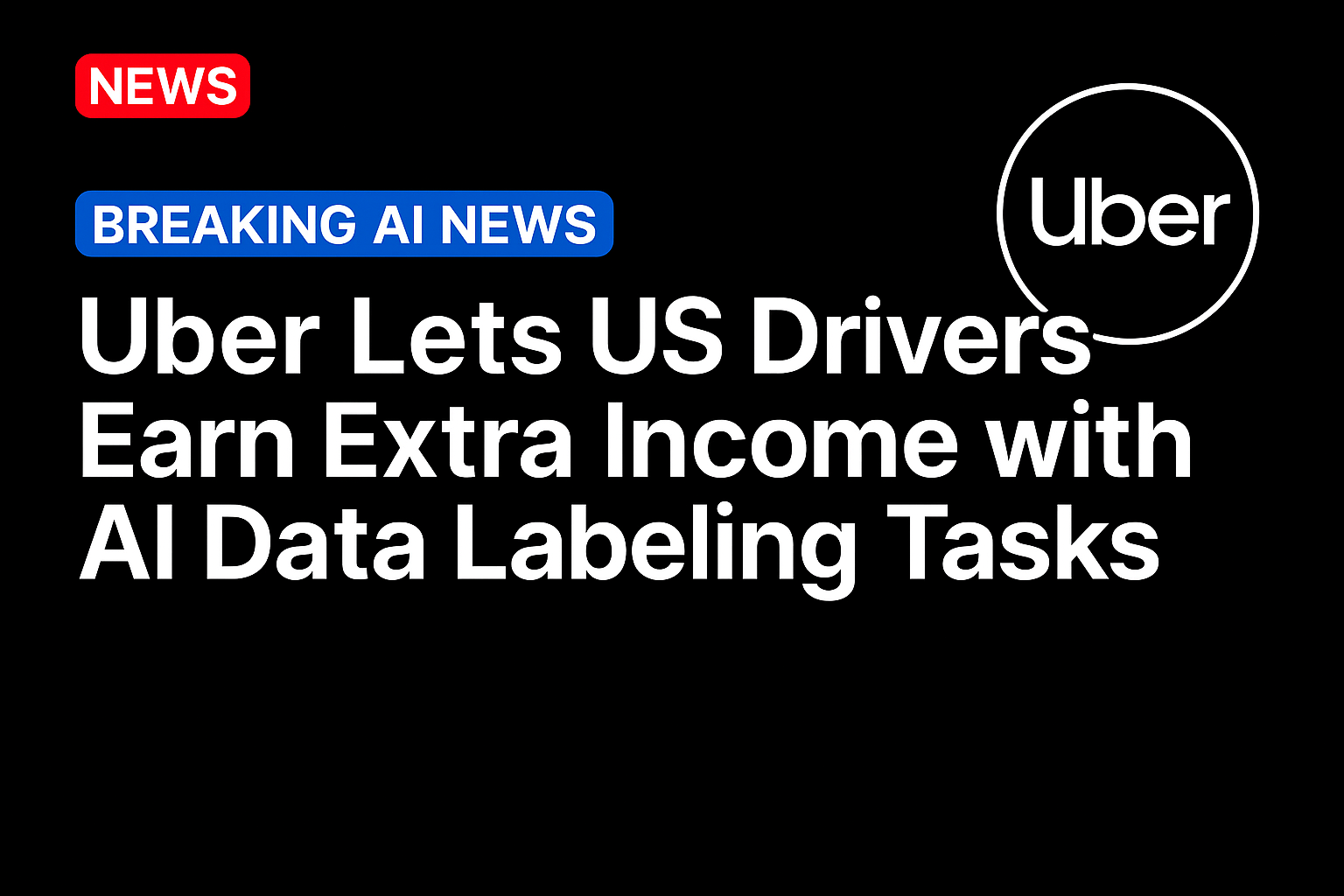Today, we’re announcing our intention to sign the EU’s Code of Practice for General Purpose AI—subject to the current version being formally approved by the AI Board during its upcoming adequacy assessment. The Code is a framework for AI developers to comply with the EU AI Act—for more information about the AI Act and its obligations, see our primer here.
In parallel, and in response to the tremendous appetite from European governments and businesses that want to seize the potential of AI, we are kicking off the ‘OpenAI for Countries European Rollout’ to get on with the job of building Europe’s AI future.
Our technology has become essential for millions of Europeans. EU Member States are amongst our top markets globally for subscribers, API developers and business customers. Everyday, people, developers, institutions, start-ups and leading enterprises are unlocking economic opportunities throughout the continent by:
- Speeding up the development of life-saving medical treatments and helping researchers design new drugs faster, including through our partnership with Sanofi(opens in a new window).
- Accelerating scientific research at leading European laboratories and universities like Science Po in France and the Max Planck Society in Germany.
- Improving education by bringing AI to secondary schools across Estonia and enabling teachers at ESCP Business School(opens in a new window) to create personalized lesson plans and spend more time with students.
- Building a thriving European start-up ecosystem with a new generation of AI-fueled companies like Parloa and Pigment using our technology to enhance their platforms and compete globally.
The Code of Practice opens the door for Europe to move forward with the EU AI Continent Action Plan that was announced in April—and to build on the impact of AI that is already felt today.
Europe must nurture and support AI talent on the continent; back local AI developers and entrepreneurs who represent future businesses, jobs and revenue; and put AI tools in the hands of more people to help lead Europe forward.
Too often in Europe, the limelight has been taken by regulation. Now it’s time to flip the script and use this moment to empower Europe’s innovators to innovate and builders to build for Europe’s future.
The EU Code of Practice
AI is a core technology for nation building—akin to electricity—that will transform economies and deliver much needed growth by driving productivity. Unlike earlier technologies of the modern digital era that were extractive and resulted in economics being pulled out of Europe, AI is a productive technology that if made broadly available to the public will expand the economic pie by giving people tools to help them do more.
The challenge for Europe is to ensure its people are positioned to shape and benefit from AI that is of Europe, by Europe, and for Europe.
To achieve that goal, compliance with the Code and the AI Act’s risk based framework must be as simple and streamlined as possible for the homegrown start-ups and smaller businesses that will be the future leaders of Europe’s AI-first economy. We have advocated for greater simplification and harmonization to support these next generation companies and will continue to back their concerns, as they are key to AI of, by and for Europe.
Part of a larger EU AI strategy
Ultimately, the Code of Practice will work best if it is aligned with the AI Continent Action Plan to form the backbone of a bold, unified European AI strategy. We encourage the AI Board—and the Member States it represents—to embrace and deliver on that vision, to make AI a source of prosperity and progress.
Together, the Code and the Action Plan must drive the development of the AI infrastructure Europe needs—ensuring that people, businesses, and especially developers and startups, have the tools to compete and lead on the global stage.
The EU should assess how its regulatory settings might affect the pace of AI adoption and the availability of AI’s raw materials, including energy and training data. This will be important to ensure Europe’s competitiveness and address a long-standing productivity gap(opens in a new window) with the U.S.
The EU’s strategy must also provide the long-term certainty and visibility required to unlock the capital investment necessary to build that infrastructure.
To turn potential into progress, we’re launching a European AI infrastructure campaign—using the Code as a springboard to accelerate the development of European AI that delivers real economic gains.
OpenAI for Countries European Rollout
Our EU Economic Blueprint was clear—OpenAI strongly believes that with the right vision and execution, Europe can harness AI to drive growth and be among the global leaders of this next technological chapter.
In May, we launched OpenAI for Countries, our initiative to support countries around the world that want to build out their AI infrastructure—including data centers, workforce skills and talent, support for local start-ups and more. Now, we are ready to ramp up our work in Europe.
Over the summer and into the fall, we will be meeting with governments, businesses and stakeholders in Europe to deliver on:
- Data center capacity: Europe will need the necessary infrastructure to lead in AI. That’s why we’ve submitted Expressions of Interest to join consortiums for the EU’s AI Gigafactories initiative to build next-gen AI infrastructure in Europe. These projects are early-stage but they have the potential to power Europe’s future, support new local industries and provide sovereign compute capacity.
- AI-powered Education: Millions of students and teachers around the world are already using ChatGPT to personalise learning. We are proud to work with Estonia’s government on a world-first initiative to roll out ChatGPT Edu to secondary schools nationwide and have received interest from other EU governments to do the same.
- Strategic government partnerships: We are continuing to build out our offering for the public sector and want to work with European governments on a new playbook for public-private partnerships fit for the AI-era. We already provide EU data residency and the ability to customize ChatGPT for local cultures and languages, and want to work with European governments as they adapt and apply AI for their sovereign needs in a way that is consistent with their local values.
- National AI Startup Funds: To turn breakthrough ideas into European success stories, OpenAI is interested in helping to raise dedicated country‑level funds with willing governments to seed high‑potential AI start‑ups. By backing local founders, providing early access to cutting-edge technology and technical support, each fund would serve national priorities and unlock jobs, revenue and new industries.
- AI uptake: In September, we will be in Brussels with Allied for Startups and the broader ecosystem to run an AI policy hackathon focused on one goal: unlocking adoption across every sector of the European economy.
OpenAI is committed to doing its part to follow through on Europe’s continental AI goals and we will share more progress on these initiatives throughout the summer and into the fall.
Responsible AI
Signing the Code reflects our commitment to providing capable, accessible, and secure AI models for Europeans to fully participate in the economic and societal benefits of the Intelligence Age.
We have always developed models with transparency, accountability, and safety at the forefront: principles that are also reflected in the Code.
Signing the Code reinforces many of the industry-leading safety and transparency measures we have pioneered over the past several years, including as a signatory to both the Bletchley Declaration (November 2023) and Seoul Framework (May 2024).
Following the Bletchley summit, we were one of the first companies to publish a comprehensive safety and security protocol, our Preparedness Framework (2023), which outlines our approach to deploying frontier AI models safely. In keeping with the Seoul Framework and our commitment to continuously review internal accountability and governance frameworks, we published an updated Preparedness Framework in April 2025.
We have also developed industry-leading safety practices that guide how we develop and deploy our technology responsibly, including: .
- We have long published detailed System Cards with our major releases that lay out what our models can and can’t do, what risks we’ve tested for, and where we’re still learning.
- The Safety Evaluation Hub provides public access to safety evaluation results for our models.
- Our Red Teaming Network brings in external experts to pressure-test our models
- The Model Spec(opens in a new window) offers a window into how we shape model behaviour to reflect human values and democratic norms.
Together, this work has been instrumental for setting safety standards in the industry and informing the development of a workable Code of Practice and we will continue to iteratively improve our approach to safety to help ensure that our technology is used to benefit everyone responsibly, wherever they are in the world.
Source: https://openai.com/




